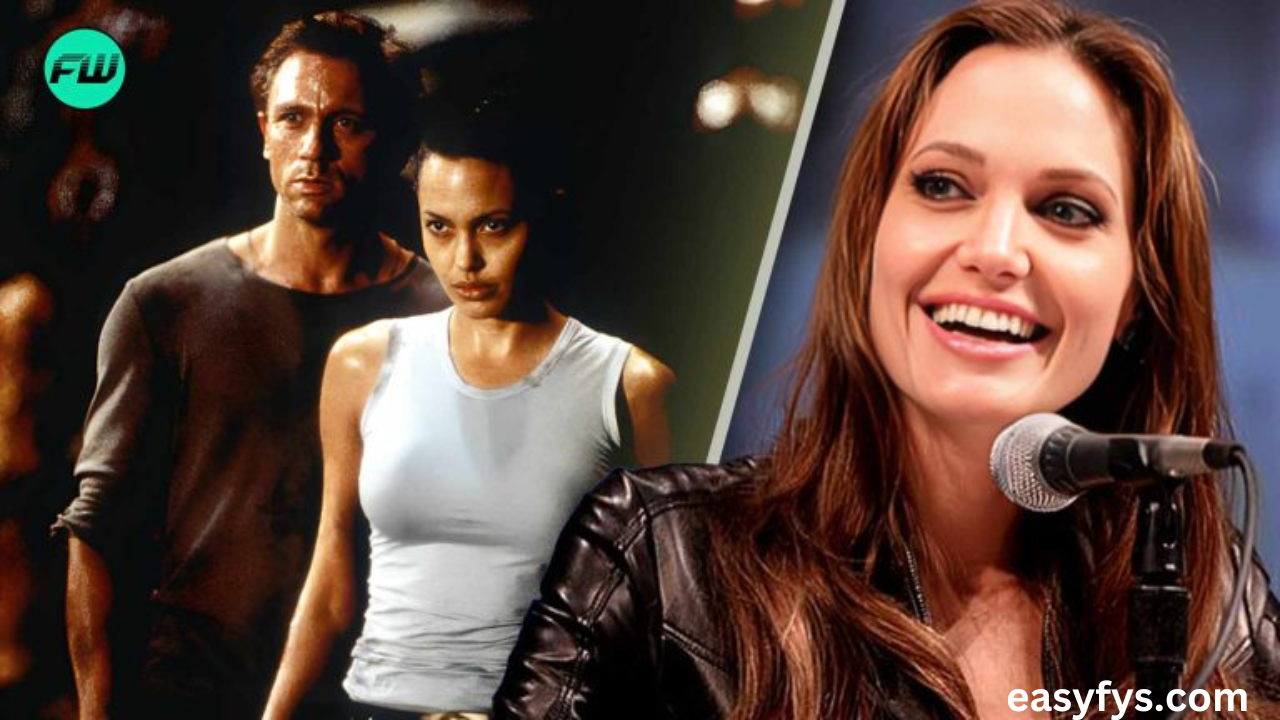Maleficent, the dark fairy who has captured audiences’ imaginations for decades, is far from being a “lackey.” The phrase “Maleficent maleficent wouldn’t be a lack wouldn’t be a lackey” speaks volumes about her character, power, and refusal to be subjugated by anyone. Unlike the typical villains who serve under others, Maleficent stands on her own, asserting her strength and autonomy. In this article, we’ll explore why Maleficent’s complex persona makes her a far cry from being a subordinate, and how her journey is one of empowerment, defiance, and leadership.
Maleficent’s Origins: A Complex Character
Maleficent first appeared in Disney’s 1959 animated classic Sleeping Beauty as the villain who curses Princess Aurora. In this version, she is portrayed as a purely evil character with little backstory or depth. However, when Disney released the live-action film Maleficent in 2014, the character was reimagined, offering a much deeper look at her motivations and inner turmoil.
In Maleficent (2014), audiences learn about her tragic past, including the betrayal by King Stefan, which leads to her transformation into the formidable figure known as Maleficent. This movie provided a fresh perspective, showing that her villainous actions were not born out of mere malice, but out of pain, betrayal, and a need for justice. This evolution established Maleficent as a complex anti-hero rather than a one-dimensional villain, further reinforcing the idea that she would never be a lackey to anyone.
Leadership Qualities of Maleficent
Maleficent is no follower. From her commanding presence to her ability to control powerful magical forces, she exhibits leadership qualities that make her stand apart from others. Whether she is cursing Aurora or protecting her kingdom, Maleficent consistently demonstrates autonomy in her decisions.
Her independence is evident in Maleficent (2014), where she not only manipulates the political power structures of the kingdom but also challenges the rules of magic itself. She uses her power as a means of control, not as a tool to serve someone else’s agenda. This ability to direct her fate and the fate of those around her proves that Maleficent is a leader, not a lackey.
Maleficent’s Defiance Against Authority
Throughout her journey, Maleficent repeatedly defies authority, challenging anyone who attempts to control her. One of the most prominent examples is her strained relationship with King Stefan. After being betrayed by him, Maleficent takes matters into her own hands, not waiting for anyone’s permission to act. This act of revenge, while rooted in personal loss, showcases her refusal to be subjugated to the will of others.
In her interactions with Aurora, Maleficent’s role is not one of servitude but of protector and guardian. While she does hold power over Aurora, she also nurtures and guides her, revealing a more compassionate side. Maleficent’s power isn’t about subjugation—it’s about sovereignty. She doesn’t answer to anyone, not even the king or the gods; her actions are guided by her own beliefs and desires.
Psychological Depth: Maleficent’s Struggles and Motivation
Maleficent is often portrayed as a villainous figure, but her motivations are much more layered than mere malice. She starts as a kind, loving fairy, and her bitterness comes from the deep hurt she feels after Stefan’s betrayal. Her transition from a gentle fairy to a powerful sorceress who curses an innocent child stems from her emotional journey, not a desire for mindless destruction.
Her character’s evolution reveals her complexity—she isn’t acting out of blind loyalty or submissiveness. Instead, her actions are motivated by loss, disillusionment, and a desire to reclaim control over her life. This emotional depth further distances her from the concept of being a “lackey,” as everything she does is a reflection of her own personal experiences and decisions.
Why Maleficent Wouldn’t Be an ownSymbol of Empowerment
One of the strongest themes in Maleficent maleficent wouldn’t be a lack is empowerment. Rather than being subjugated to the wills of others, Maleficent embodies the power of taking control over one’s fate. This transformation from a betrayed figure to a powerful, independent force shows that she refuses to be a tool of anyone else’s desires.
Maleficent serves as a modern feminist figurin cinema—one who takes ownership of her story, rewrites her narrative, and does so on her terms. Her character shows audiences that strength and independence come from within and that no one should ever allow themselves to be reduced to a mere “lackey.” By owning her story, Maleficent becomes a symbol of self-reliance and empowerment, teaching us the importance of standing up for ourselves in the face of adversity.
Comparing Maleficent to Other Disney Villains
When comparing Maleficent to other Disney villains like Ursula, Scar, or Jafar, her role as a leader becomes even more evident. Unlike Ursula, who works under the sea with her agenda to gain power, or Scar, who seeks to control the Pride Lands by manipulating others, Maleficent operates independently from the start. She doesn’t work for anyone—she controls her destiny.
Maleficent’s refusal to answer to any higher authority is one of the reasons why her character stands out among other villains. She does not rely on anyone’s validation or approval to carry out her plans. This independence marks a key difference between Maleficent and other Disney villains, making her one of the most unique and powerful characters in the Disney universe.
Conclusion
Maleficent, in both her original and reimagined forms, is far from being a “lackey.” From her commanding leadership and autonomy to her psychological depth and defiance of authority, Maleficent is a character who charts her course, guided by her personal beliefs and experiences. She is a symbol of empowerment, proving that true strength comes from within and that no one should ever settle for being a subordinate.
Through her journey, Maleficent challenges the traditional narrative of villains and showcases what it means to be a leader, an independent force, and an empowering figure for those who seek control over their destiny. Maleficent will never be a lackey—and that’s exactly why she resonates so powerfully with audiences around the world.
